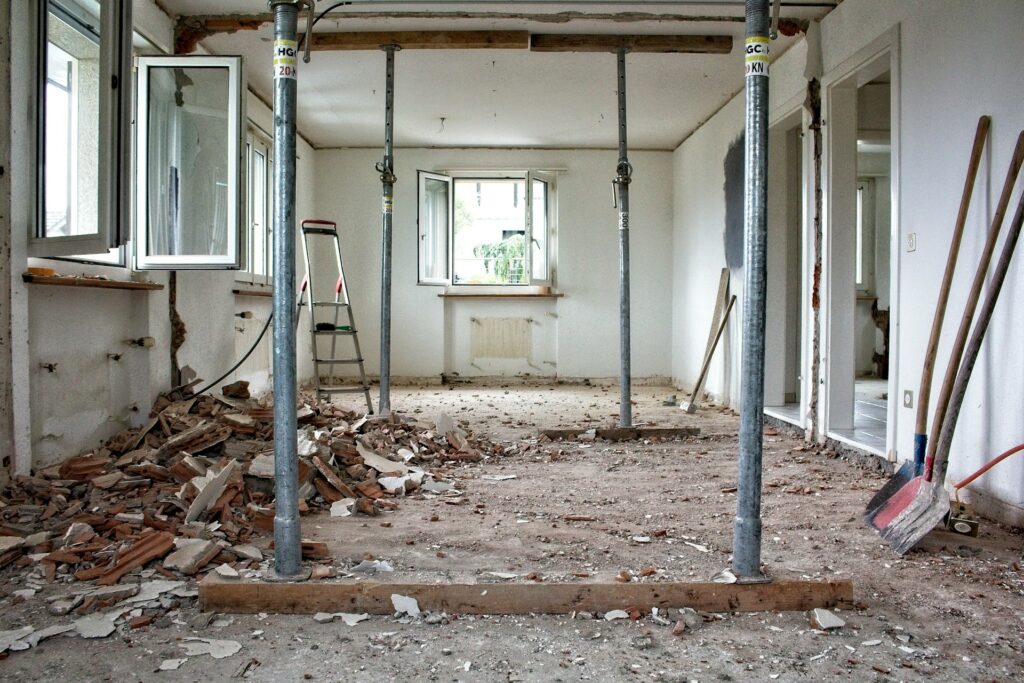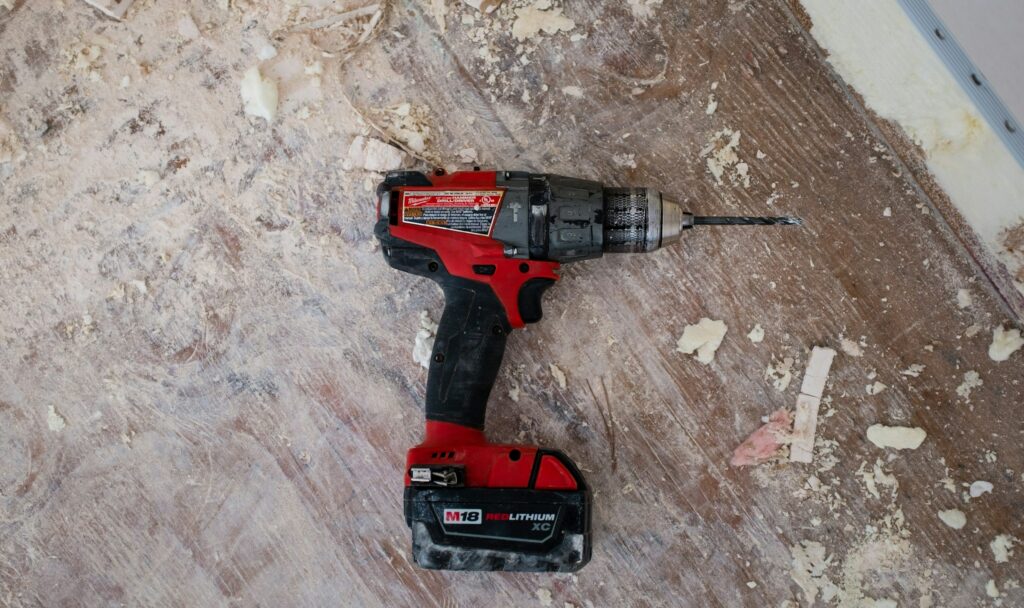On 6 May 2020, the Supreme Court handed down judgment in the case of Duval v 11-13 Randolph Crescent Ltd [2020] UKSC 18, dismissing the Landlord’s appeal.
The ruling states that a landlord is not entitled to grant a licence for alterations for works which would otherwise breach an absolute covenant where there was also a mutual enforceability covenant.
An absolute covenant prohibits alterations absolutely – i.e. they’re not allowed. In most leases, if a leaseholder takes exception to another leaseholder’s alterations, the complaining leaseholder would generally need to ask the landlord to enforce the relevant covenant (and indemnify the landlord against the costs associated).
In some leases – as in Duval – certain covenants may be mutually enforceable, so that one leaseholder can legitimately take legal action against another leaseholder for breach of covenant – or force the landlord to do so.
The Supreme Court had to decide on whether the landlord of a block of flats was entitled, without breach of covenant, to grant a licence [to alter] to a lessee to carry out work which would breach a covenant in that lessee’s lease – and where the leases of the other flats require the landlord to enforce such covenants if they requested that he does so and they funded the enforcement.
The Court of Appeal had already – in 2018 – decided that the landlord was not entitled to licence works that Mrs Winfield of flat 13 wished to do (structural works in the basement). The landlord would be in breach of the enforcement covenant if it legitimised another lessee’s (Mrs Winfield’s) breach of covenant via a licence to alter.
There have been many fine blogs and articles written on this judgment, getting stuck into clauses 2.6, 2.7 and 3.19 of the lease. See, for instance, KDL Law, JPC Law, PM Legal, Naylor, Tanfield Chambers and Forsters. The purpose of this blog is to ascertain if this decision in Duval will have an effect on how alterations are considered in the future – not least as I head up a team which manages licence to alter applications for landlords!
In my view, the judgment will have a significant impact on the manner in which landlords consider such applications. At EK Licence to Alter, we always check the lease as part of our assessment process, and encourage the landlord to involve its solicitor at an early stage if there is any ambiguity. (We’re surveyors who know their way around a lease, but often there is no substitute for legal clarity from a leasehold specialist).
I have dealt with licence to alter cases where the landlord has been content to waive an absolute covenant and allow alterations to proceed, citing modern living/keeping up with the times. Perhaps no more, meaning leaseholders are more likely to purchase flats where the leases contain qualified or fully qualified covenants – or are silent in respect of alterations. That will in large part depend on the quality of a prospective owner’s conveyancing solicitor.
Where there is a mutually enforceable covenant in respect of alterations, landlords would be well advised to steer clear of waiving the absolute covenant for fear of finding itself in breach of its obligations to the other leaseholders.
To give you some practical context, absolute covenants are commonly found in residential leases relating to flooring. Many leases state that floors must be carpeted except for the kitchen and bathroom. Should the landlord grant consent via a licence to alter for, say, timber flooring in the lounge and the lease contains an absolute covenant, the landlord and leaseholder with the hard flooring would find themselves in breach.
One way open to leaseholders and landlords in these cases would be to gain the consent for breaching absolute covenants from the other leaseholders in the building. Flooring is a good example here. It could be that in a block of 10 leasehold flats, all 10 will wish at some point to replace carpet in certain rooms with a hard floor finish. The safest way is for all leaseholders and the landlord to agree to varying the terms of the leases, rather than risk breaching an absolute covenant.
In either scenario (gaining everyone’s consent or varying the leases), this may be straightforward in a small block but in a larger building with tens or hundreds of flats, this will prove impractical and highly unlikely to be successful. Even in a smaller building, the chances are that most leaseholders value their peace and quiet, so increasing the chance of regular noise nuisance as a result of hard flooring is not something they would readily entertain.
As KDL Law state in their own blog, Dr Duval “was prepared and financially able to provide the landlord with an indemnity for costs to fulfil her request that the landlord take action against the offending leaseholder”. And that she was “…equally financially able and willing, and more importantly sufficiently driven, to then take the landlord to task when it refused to accede to her request for enforcing against the leaseholder”. Personally, I haven’t come across many leaseholders with Dr Duval’s drive and resources, so I suspect some landlords will be willing to grant consent for alterations, in the hope that no one has the wherewithal to challenge!
EK Licence to Alter will always study the lease for a flat requesting alterations, and alert the landlord to potential breaches of absolute covenants prior to issuing further advice. Speak to us about processing licence to alter applications for your buildings.



